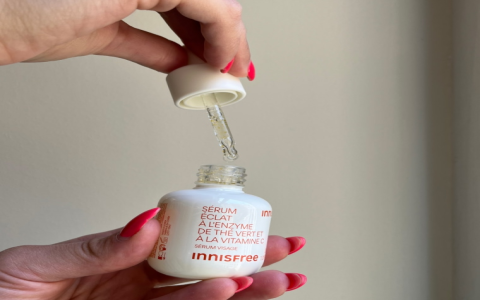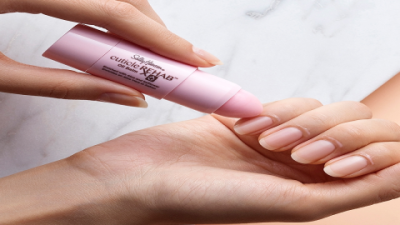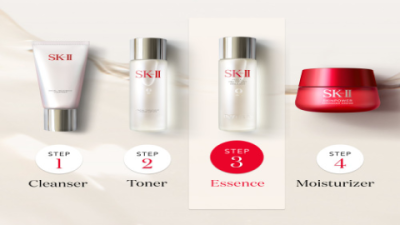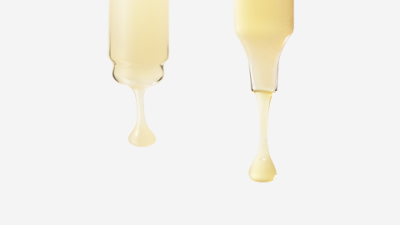The Skincare Fridge Obsession is Real!
Okay, let's be honest here. Your TikTok feed is probably bursting with those cute little skincare fridges, right? Everyone's talking about glass skin routines and chilled serums like they're the holy grail of skincare. But before you go shoving your niacinamide serum next to last night's takeout, we need to have a real talk about what the experts actually think.
Look, I get it. The whole skincare fridge thing looks super aesthetic, and there's something satisfying about having all your products lined up in that perfect little white fridge. But here's the thing - just because it looks good on Instagram doesn't mean it's actually good for your skin.
So what's the real deal? Should you be keeping your niacinamide serum cold, or is this just another beauty trend that sounds better than it actually is? I've talked to some actual dermatologists and cosmetic chemists to get the truth, and honestly, some of their answers might surprise you.
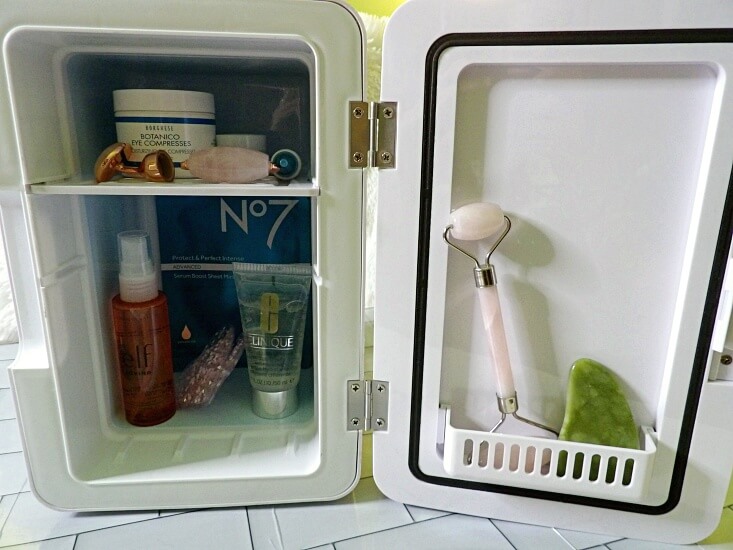
Why Everyone's Going Crazy for Cold Skincare
First things first - let's talk about why this trend even exists. Because trust me, there's more to it than just looking cute on social media.
The K-Beauty Connection
You know how Korean skincare basically runs the beauty world right now? Well, they've been into the whole cooling thing way before it became trendy everywhere else. In Korean beauty culture, there's this concept called "chok chok" skin - basically that dewy, plump look that everyone's trying to achieve. Some people think cold products help with that, though we'll get into whether that's actually true later.
It's All About the Aesthetic
Let's not pretend this isn't partly about how it looks. Those skincare fridges are seriously Instagram-worthy. I mean, who doesn't want their bathroom to look like a high-end spa? Plus, there's something oddly satisfying about organizing all your products by color and size in that perfect little fridge.
The Promise of Better Results
Everyone's claiming that cold skincare will reduce puffiness, shrink your pores, and make your products last longer. Some of these claims have a bit of truth to them, but others are mostly wishful thinking. We'll break down what's real and what's just marketing hype.
Influencer Power
When your favorite beauty guru swears by something, it's pretty tempting to try it yourself. But here's what they might not be telling you - a lot of these recommendations are sponsored. Not saying they're lying, but they might not have tried the non-sponsored alternatives.
The thing is, cold products do feel kind of professional and spa-like. There's definitely a psychological element here that makes the whole routine feel more luxurious and effective, even if the actual benefits aren't that different.
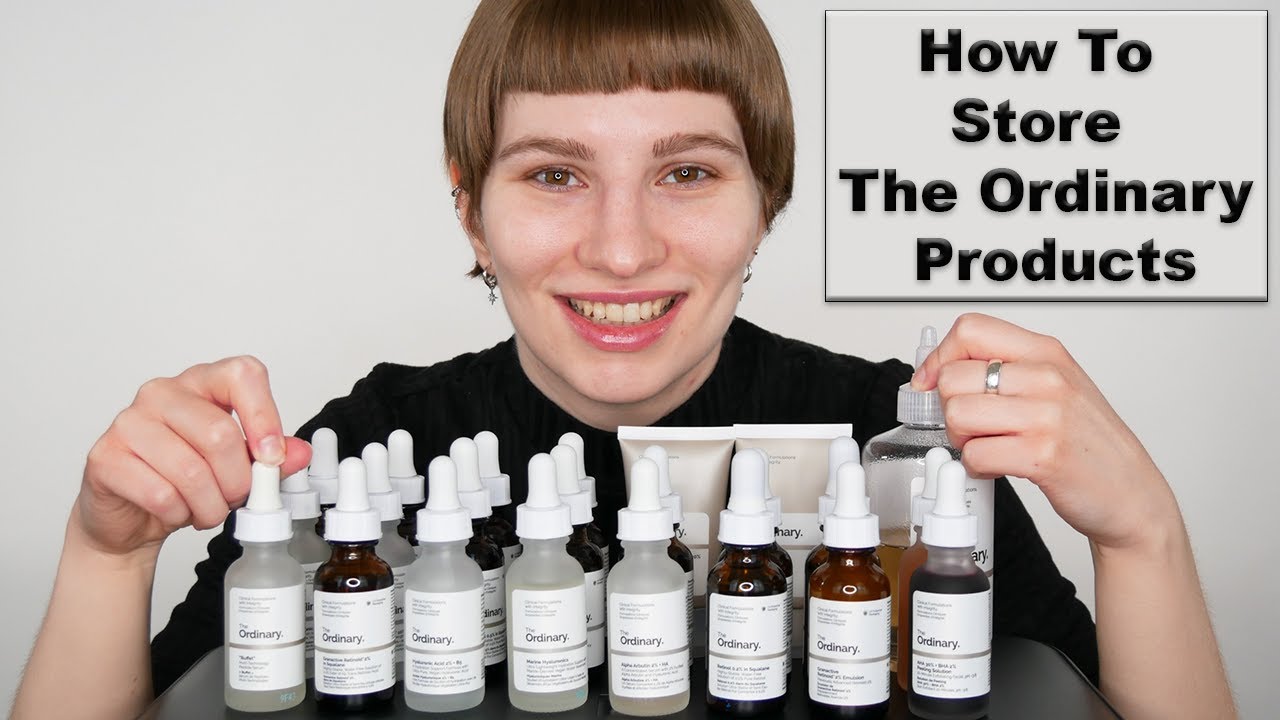
The Most Common Niacinamide Storage Mistakes (And You're Probably Making at Least One)
Alright, time for some real talk. Most people are storing their skincare completely wrong, and it's probably reducing the effectiveness of their products. Let me walk you through the biggest mistakes I see all the time.
The Bathroom Cabinet Disaster
Your bathroom might seem like the obvious place for skincare, but it's actually one of the worst spots possible. Think about it - every time you take a hot shower, that room turns into a sauna. All that humidity and those crazy temperature changes? They're basically destroying your active ingredients. One dermatologist I talked to literally called bathrooms "skincare graveyards," and honestly, she's not wrong.
Window Sill Storage
I see this mistake constantly on social media. People arrange their beautiful glass bottles on the window sill because it looks amazing in photos. But UV rays are breaking down your niacinamide molecules faster than you can say "glass skin." If you've been doing this, you might want to check if your serum has changed color or consistency.
The Freezer Fiasco
This is probably the biggest rookie mistake. Some people think if cold storage is good, freezer storage must be even better. Wrong! Freezing your serum will literally destroy its texture and effectiveness. Ice crystals form and break down the formula, so if you've accidentally frozen your niacinamide, it's probably time to replace it.
Temperature Ping-Pong
Taking your serum from the fridge to room temperature and back again might seem harmless, but it's actually really hard on the formula. Products don't like constant temperature changes, especially if you're doing this daily. Pick one storage method and stick with it.
Wrong Spot in the Fridge
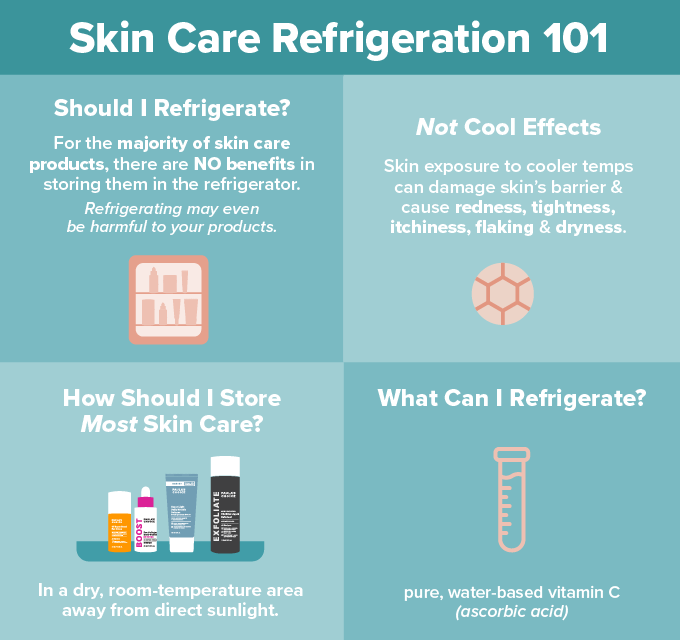
If you are going to use a fridge, you need to know where to put things. The area near the freezer compartment gets too cold, and the door compartments have too much temperature fluctuation. The main body of the fridge, away from the back wall, is usually your best bet.
Ignoring Expiration Dates
Cold storage might extend shelf life a tiny bit, but it's not magic. Expired products are expired, regardless of where you've been keeping them. If your serum has changed color, developed a weird smell, or separated, it's time to toss it.
Product Cross-Contamination
This one's really important if you're storing multiple products together. Different formulas have different pH levels, and they can actually interfere with each other if they're not stored properly. Plus, you definitely don't want any bacteria spreading between products.
What the Experts Actually Say About Refrigerated Niacinamide
Now for the good stuff - what do people who actually know about this stuff think? I reached out to several dermatologists and cosmetic chemists to get their take on the whole fridge storage thing.
The Stability Question
Dr. Sarah Chen, who's a board-certified dermatologist, told me something really interesting. Niacinamide is actually pretty stable at room temperature. The ingredient can handle temperatures between about 35-75°F without any major issues. She said that while cold storage isn't necessarily harmful, it's not really necessary either for most formulations.
The Formulation Factor
Here's where it gets technical, but stay with me. Dr. Michael Rodriguez, who's a cosmetic chemist, explained that how your serum is formulated matters way more than where you store it. Products with good preservative systems are designed to be stable at room temperature. He also mentioned that water-based serums (which most niacinamide serums are) can actually become less effective when they're too cold because they don't absorb as well into your skin.
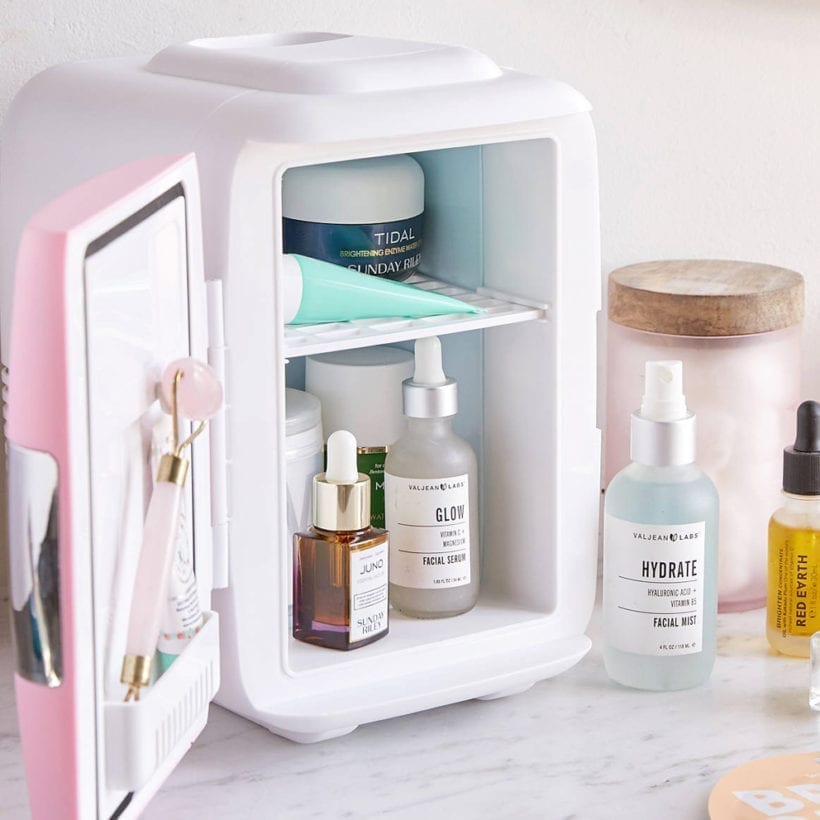
K-Beauty Reality Check
Dr. Lisa Park, who specializes in K-beauty research, gave me some perspective on this. She said that while Korean skincare culture does appreciate cooling elements, most Korean brands actually recommend room temperature storage for their products. The cooling sensation that people love usually comes from specific ingredients in the formulas, not from refrigeration.
The Effectiveness Reality
This was probably the most eye-opening conversation I had. Dr. James Thompson, who's an ingredient specialist, told me that there's actually no clinical evidence showing that cold-stored niacinamide works better than room-temperature niacinamide. The cooling sensation might feel nice, but it doesn't boost the ingredient's effectiveness.
The User Experience Angle
Dr. Amanda Foster, who works with a lot of celebrities, brought up something interesting. She said that while cold storage doesn't necessarily make products work better, it can have psychological benefits. If using chilled skincare makes you more consistent with your routine and helps you enjoy the process more, that's actually valuable. She also pointed out that cold products can temporarily reduce puffiness around the eyes, which is why a lot of eye creams benefit from refrigeration.
The consensus among all these experts? The temperature isn't nearly as important as consistency. Pick one storage method and stick with it. Your skin will thank you more for consistent use than perfect storage conditions.
Your Complete Niacinamide Storage Guide
Okay, so now that we know what the experts think, let's talk about how to actually store your niacinamide serum properly.
Start with the Label
I cannot stress this enough - read what the manufacturer recommends first. These companies have tested their specific formulations extensively. If the label says "store in a cool, dry place," that probably means room temperature, not refrigerated. If it specifically says "refrigerate after opening," then definitely follow that instruction.
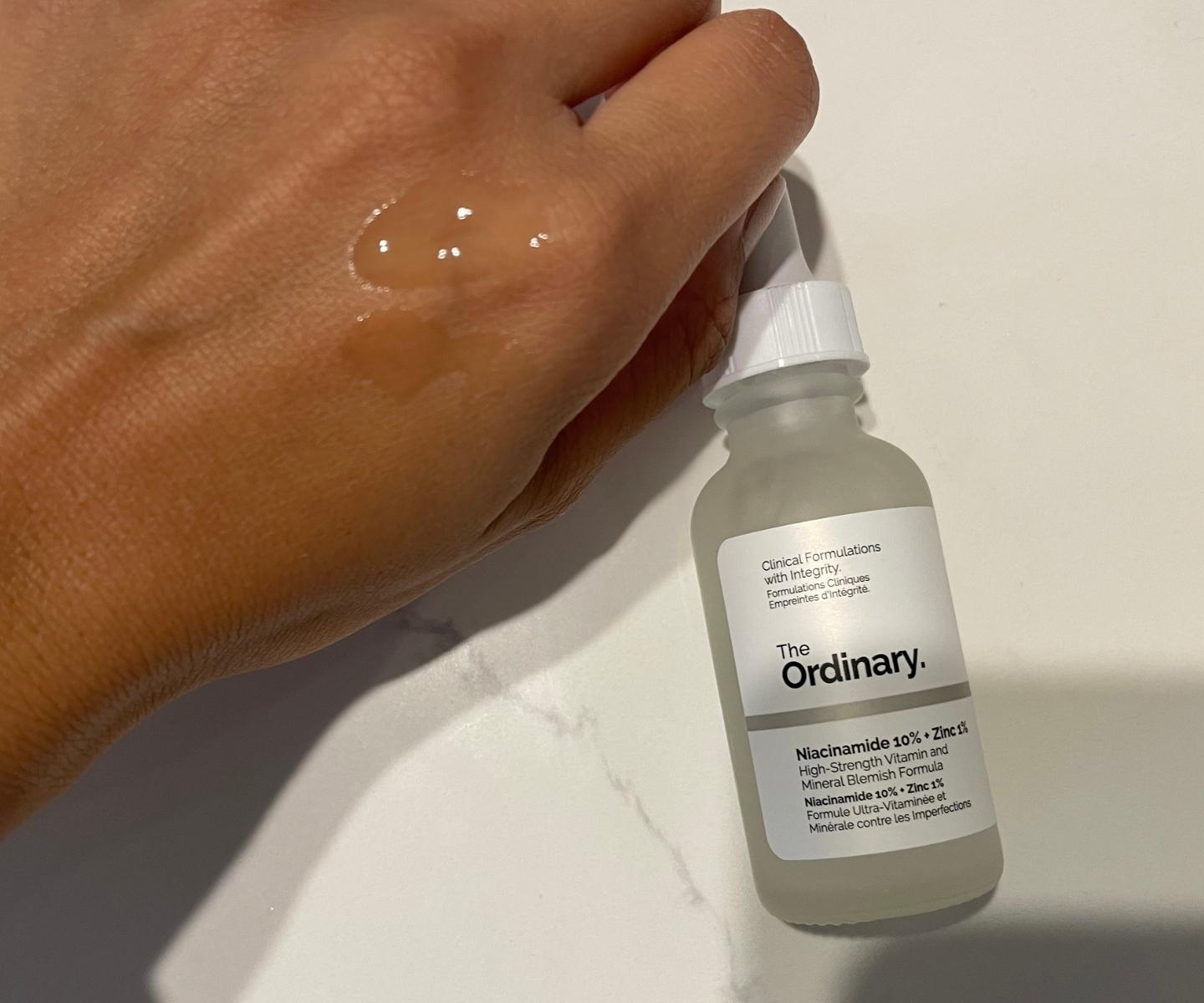
Pick Your Storage Spot
If you decide to go with refrigeration, you have options. You can get one of those cute skincare fridges, or just use a regular refrigerator. The key is maintaining a consistent temperature between 35-40°F. Avoid areas with temperature fluctuations, like the door or near the freezer.
For room temperature storage, look for a spot that's away from direct sunlight, heat sources, and humidity. A bedroom dresser drawer is often ideal.
Keep It Clean
Whatever storage method you choose, cleanliness is crucial. Wipe down your storage area regularly and make sure your hands are clean when you're handling products. If you're using a shared refrigerator, consider keeping your skincare products in a clean container or designated area.
Monitor and Adjust
Pay attention to how your products are holding up. If you notice changes in color, texture, or smell, something might be wrong with your storage situation. Don't be afraid to adjust your method if needed.
Plan for Travel
If you get used to refrigerated skincare, traveling can be tricky. Small cooling packs can help for short trips, but for longer travel, you might need to transition your products back to room temperature temporarily.
The most important thing is consistency. Whatever method you choose, stick with it. Your skin will adapt to your routine much better than it will adapt to constantly changing storage conditions.
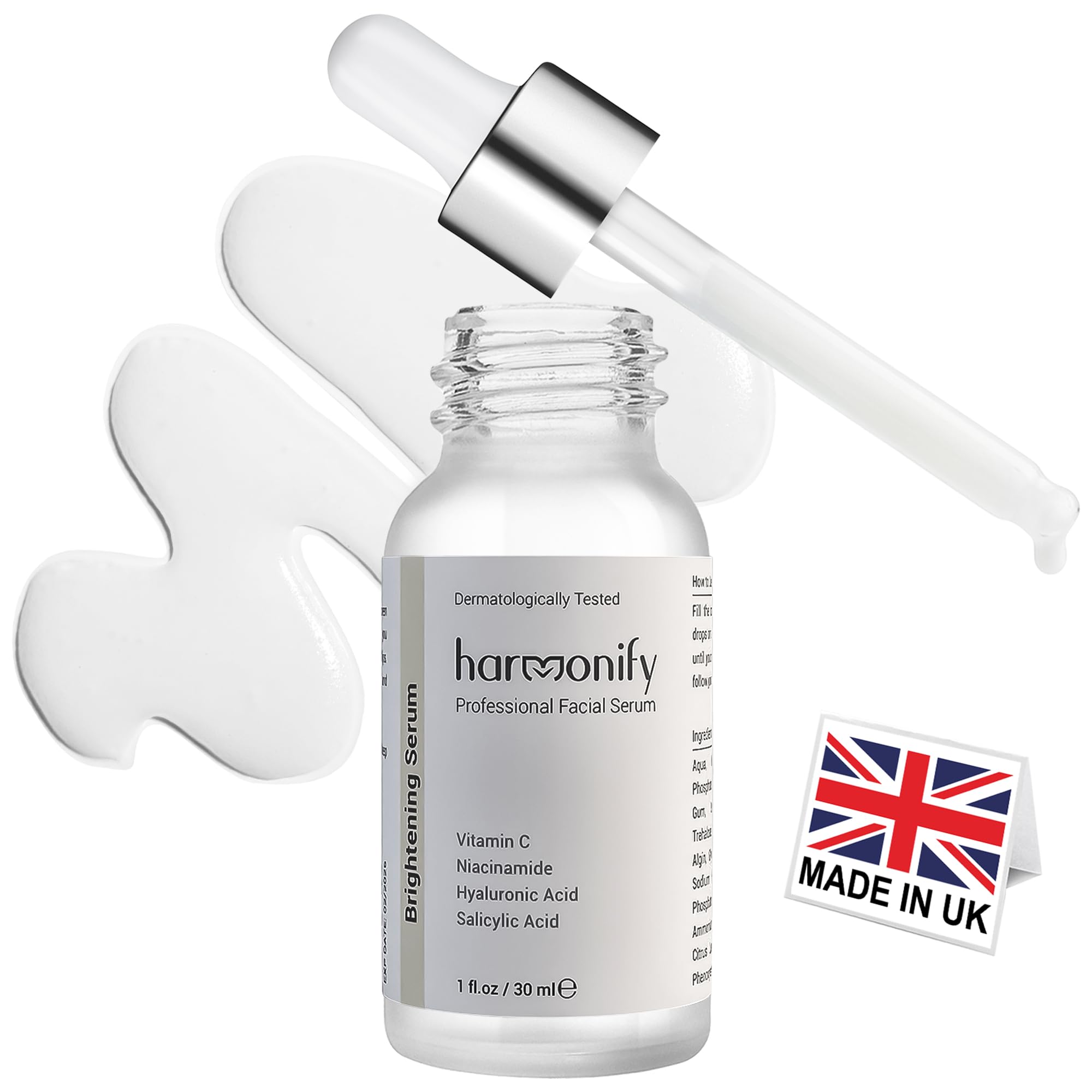
The Great Storage Showdown
Alright, let's settle this once and for all. Team Refrigerator vs. Team Room Temperature - who wins?
Team Refrigerator has some solid points:
Cold storage might extend the shelf life of some products slightly, especially if you live in a really hot climate. There's definitely a cooling sensation that can feel amazing on inflamed or irritated skin. The whole routine feels more luxurious and spa-like, which isn't nothing. And for some formulations, cold storage can slow down bacterial growth.
But Team Room Temperature isn't backing down:
Room temperature products absorb into your skin more easily. You won't get any temperature shock, which can be harsh on sensitive skin. It's way easier to maintain a consistent daily routine when you don't have to wait for products to warm up. And most importantly, it's what most manufacturers actually recommend.
So who wins? Honestly, it depends on you. Your skin type matters - if you have sensitive skin, temperature changes might irritate you. Your climate matters too - if you live somewhere really hot and humid, refrigeration might actually help preserve your products. And your specific niacinamide formula matters because different brands have different stability profiles.
The real winner is whatever method you can stick with consistently and that doesn't irritate your skin.
The Bottom Line
Here's the truth that no one's really talking about - the skincare fridge trend isn't necessarily bad, but it's not automatically better either. The experts I talked to all agreed that consistency matters way more than temperature.
If you want to jump on the skincare fridge bandwagon, go for it! Just make sure you're doing it for the right reasons and in the right way. Check your product labels first, choose one storage method and stick with it, and pay attention to how your skin responds.
But if you're perfectly happy keeping your niacinamide serum in your bedroom drawer, you're not missing out on some secret skincare hack. Good skincare is about finding products that work for your skin and using them consistently, not about following every trend that pops up on social media.

The most important thing is that you're taking care of your skin in a way that works for your lifestyle and your budget. Whether your serum is chilled or room temperature, what matters is that you're using it regularly and that it's making your skin happy.
Your skincare routine should work for you, not the other way around. So store your products however makes the most sense for your life, and don't let anyone make you feel like you're doing it wrong if it's working for you.
